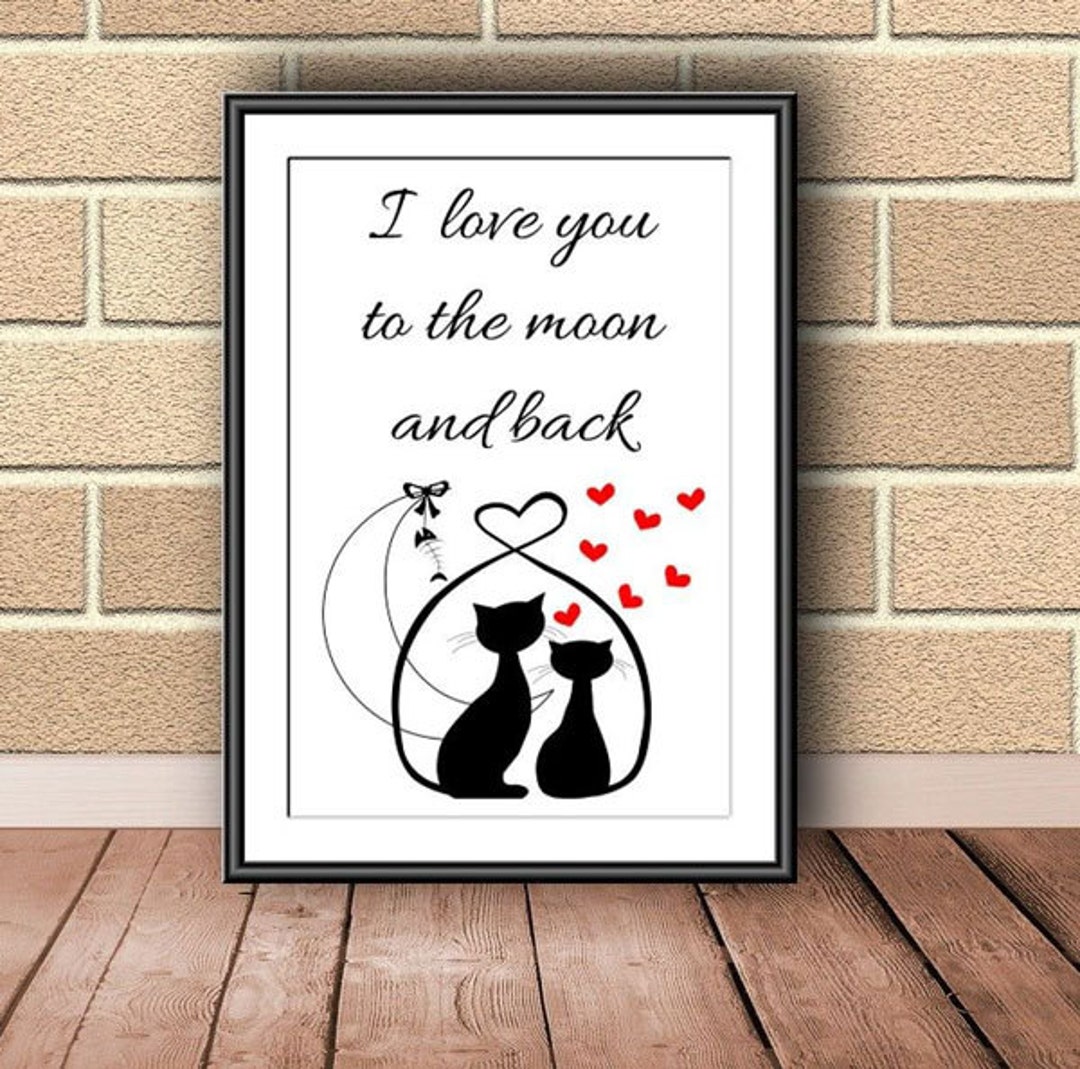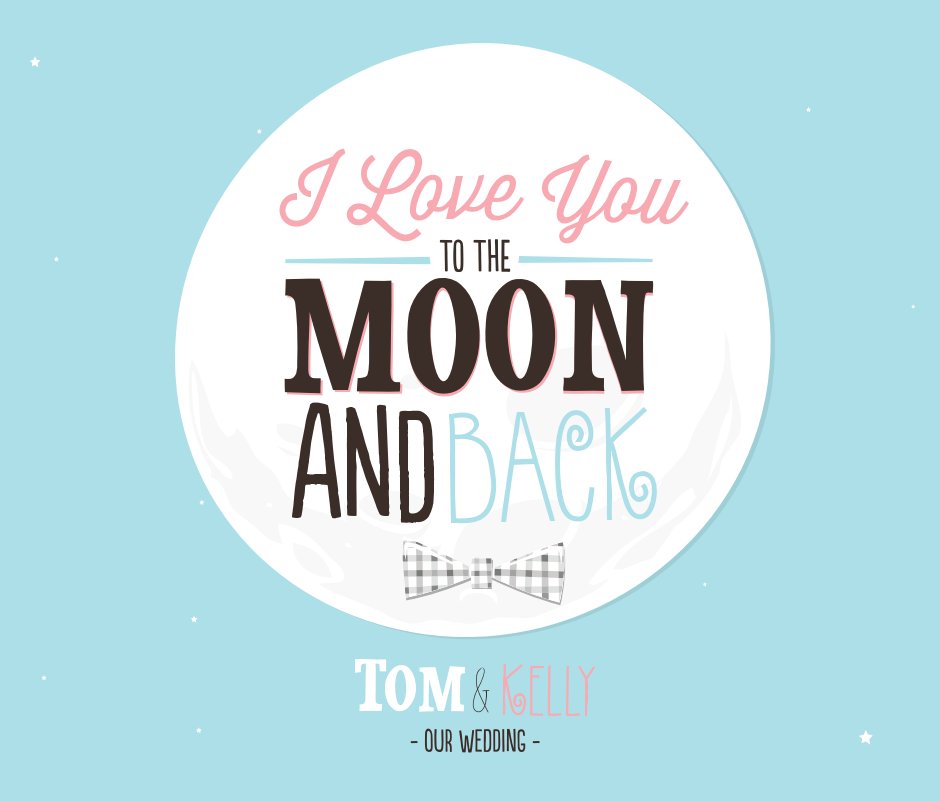I like you you to the moon and again – a phrase that resonates deeply with the human need for connection and profound affection. This exploration delves into the nuances of this highly effective declaration, analyzing its emotional affect and cultural significance. Past the surface-level sentiment, we’ll uncover the underlying motivations and the complexities of expressing such profound love.
This is not nearly phrases; it is concerning the feelings and the context behind them. We’ll analyze the alternative ways this phrase is perhaps used, from romantic declarations to expressions of familial love. Understanding the subtleties can reveal shocking insights into the human coronary heart.
The phrase “I like you to the moon and again” transcends easy sentiment. It is a highly effective expression of deep affection, a declaration that encapsulates an virtually limitless devotion. This text delves into the nuances of this beloved phrase, exploring its origins, cultural affect, and how you can use it successfully in numerous conditions.
The Origins and Evolution of the Phrase: I Love You You To The Moon And Again
Whereas the precise origins are considerably shrouded within the mists of fashionable tradition, the idea of expressing love in a grand, virtually cosmic scale is deeply rooted in human historical past. Metaphors that examine like to huge distances have appeared in poetry and literature for hundreds of years. The phrase itself possible gained recognition within the latter half of the twentieth century, spreading by means of fashionable tradition through music, films, and social media.
Whereas “I like you to the moon and again” is a traditional romantic expression, it is usually used figuratively, representing deep affection. Understanding the phrase’s context helps admire its energy. Think about the way you’re expressing this sentiment and the way it would possibly relate to a particular state of affairs. Studying to make use of phrases like these successfully is a ability that is developed over time, very similar to studying to define cut your teeth in a brand new space.
In the end, “I like you to the moon and again” stays a potent expression of affection, whatever the particular circumstances.
The Position of Common Tradition
Think about how this phrase has been utilized in numerous types of media. [Image: Collection of screenshots from movies and songs featuring the phrase “I love you to the moon and back”]. The repeated use in numerous contexts has solidified its place as a broadly understood and cherished expression of profound love.
Understanding the Depth of That means
The phrase “to the moon and again” is not nearly distance; it represents an insurmountable, extraordinary dedication. It signifies a love that goes past the on a regular basis and embraces a profound, virtually limitless scope. Consider it as an expression of unwavering devotion.
Past the Literal, I like you you to the moon and again
The phrase’s energy lies in its evocative imagery. The moon, a celestial physique usually related to romance and thriller, amplifies the emotional affect. It creates a strong metaphor, portray an image of a love that is as huge and enduring because the universe itself. [Image: Diagram illustrating the concept of “vast and enduring love” juxtaposed with a visual representation of the moon and earth].
Sensible Purposes of the Phrase
This phrase is not restricted to romantic contexts. It will also be used to precise deep appreciation for a pal, member of the family, or perhaps a pet. The secret is to make sure the sentiment aligns with the connection.
Romantic Contexts
For expressing profound love in a romantic relationship, the phrase can be utilized as a declaration of dedication or as a method to specific the depth of emotions. [Image: Collage of couples displaying different emotions, highlighting the diverse use cases of the phrase].
Expressing profound love like “I like you to the moon and again” is highly effective. Whereas exploring the depth of affection, think about the fascinating world of six-letter phrases beginning with ‘y’ – an interesting linguistic train. 6 letter words starting with y display the wealthy vocabulary out there to us, which finally provides layers of which means to even the best expressions of affection.
In the end, “I like you to the moon and again” retains its potent which means, whatever the linguistic exploration.

Non-Romantic Contexts
For expressing gratitude or appreciation, the phrase can be utilized to convey deep affection. For example, a mum or dad expressing deep appreciation for his or her kid’s efforts. [Image: Examples of non-romantic situations where the phrase can be applied].
Expressing deep affection like “I like you to the moon and again” is highly effective. This sentiment, usually used to emphasise profound love, may be additional explored by means of a enjoyable exercise like fixing a crossword puzzle. Do this participating double reed instrument crossword , which affords a singular method to display affection for music and phrases, finally connecting again to the heartfelt expression of “I like you to the moon and again”.
Crafting Your Personal Expression
Whereas “I like you to the moon and again” is a strong assertion, you can even tailor the sentiment to go well with particular conditions. Think about these choices:
- I like you greater than phrases can say.
- I cherish you past measure.
- My love for you is immeasurable.
These choices permit for a extra personalised and nuanced expression of affection.
Whereas “I like you to the moon and again” is a candy sentiment, understanding the nuances of culinary measurements like a teaspoon (tsp) will also be deeply romantic. That is very true when you think about the exact portions required in baking or cooking, as detailed in tsp meaning in cooking. In the end, whether or not expressing profound affection or mastering the artwork of gastronomy, precision issues, similar to within the highly effective declaration “I like you to the moon and again”.
Conclusion
The phrase “I like you to the moon and again” is greater than only a romantic expression; it is a testomony to the ability of human connection. Its evocative imagery and cultural significance make it a strong software for conveying deep affection. Keep in mind to make use of it thoughtfully and authentically, making certain it aligns with the connection’s context. [See also: How to Express Deep Affection in Different Relationships].
Expressing “I like you to the moon and again” is highly effective, however do you know there are some surprisingly apt four-letter phrases with “u” in them which may additionally convey the depth of this sentiment? Think about phrases like “enormous,” “upon,” or “your” – phrases that may add one other layer to the profoundness of your message, particularly when mixed with different components of your romantic communication.
In the end, selecting the right phrases to precise your love is a private journey, however exploring choices like 4 letter words with u could be a useful train in amplifying the which means of “I like you to the moon and again.” Your message, nevertheless you craft it, continues to be a phenomenal testomony to your affection.
What are your ideas on this phrase? Share your experiences and views within the feedback under. Remember to share this text on social media! [Image: Social media sharing icons].
In conclusion, “I like you you to the moon and again” transcends the easy act of claiming “I like you.” It embodies a deep, unwavering affection that reaches past the bodily world. By analyzing the emotional and cultural implications of this phrase, we achieve a richer understanding of the human expertise and the highly effective language we use to precise love.
Detailed FAQs
What are some alternative routes to precise comparable sentiments?
Alternate options would possibly embody phrases like “I like you past measure,” “My love for you is infinite,” or “You are my every thing.” The precise selection relies upon closely on the context and the connection.

How does the phrase’s which means differ in numerous cultural contexts?
Cultural norms and expressions of affection can significantly affect how a phrase like that is perceived. What is perhaps thought-about commonplace in a single tradition might carry a special weight or which means in one other.
What are the potential pitfalls of utilizing such an extravagant phrase?
Over-the-top declarations can typically really feel insincere if not supported by constant actions and real emotions. The secret is to make sure the sentiment aligns with the truth of the connection.
